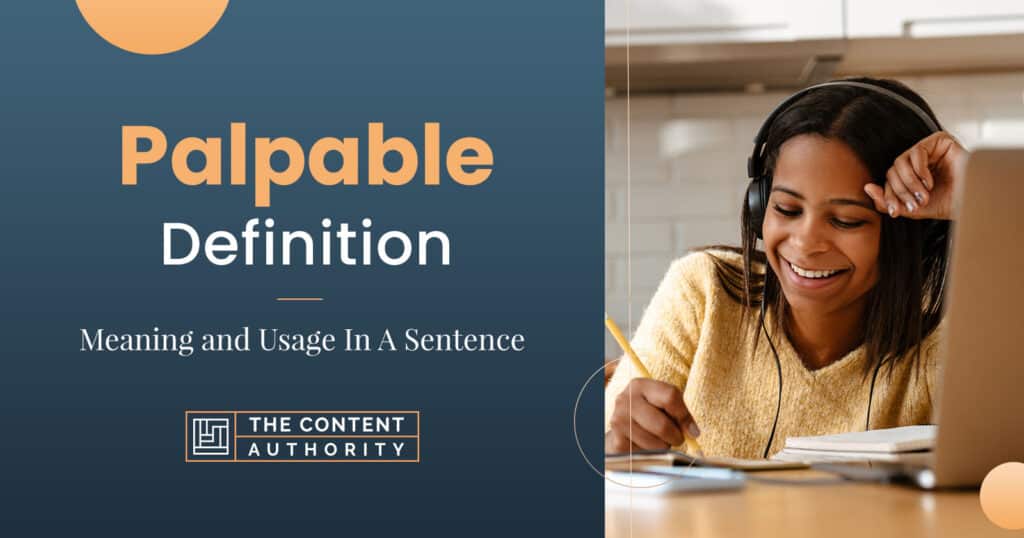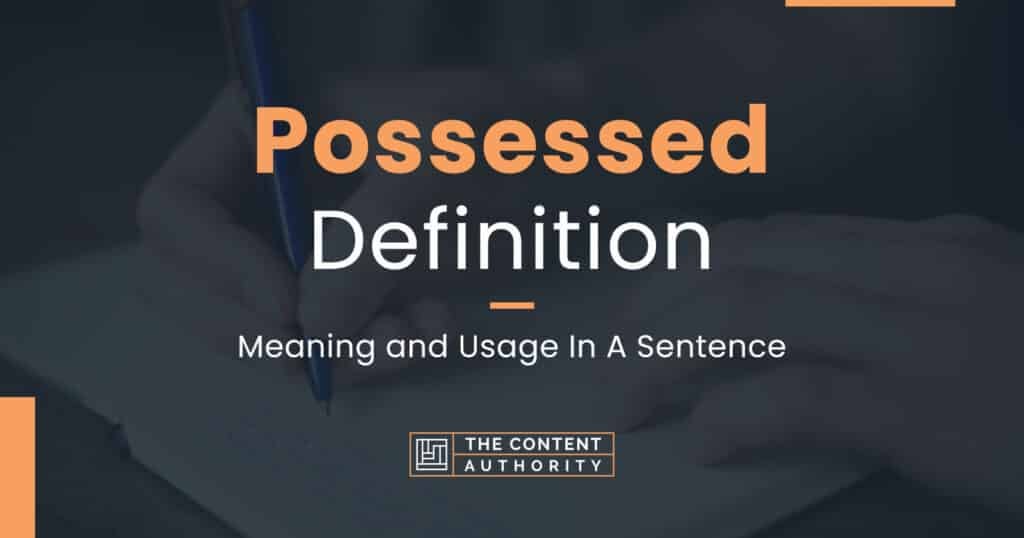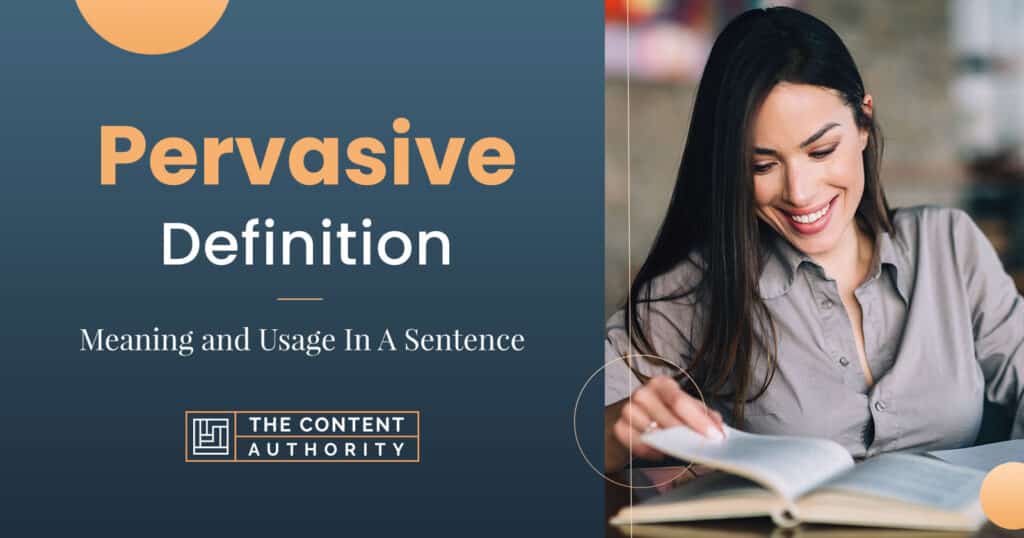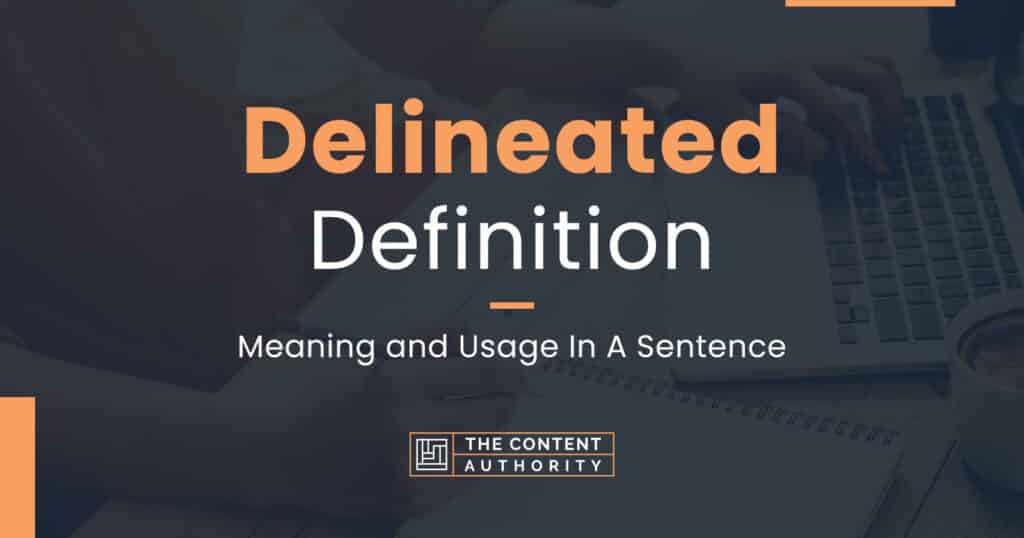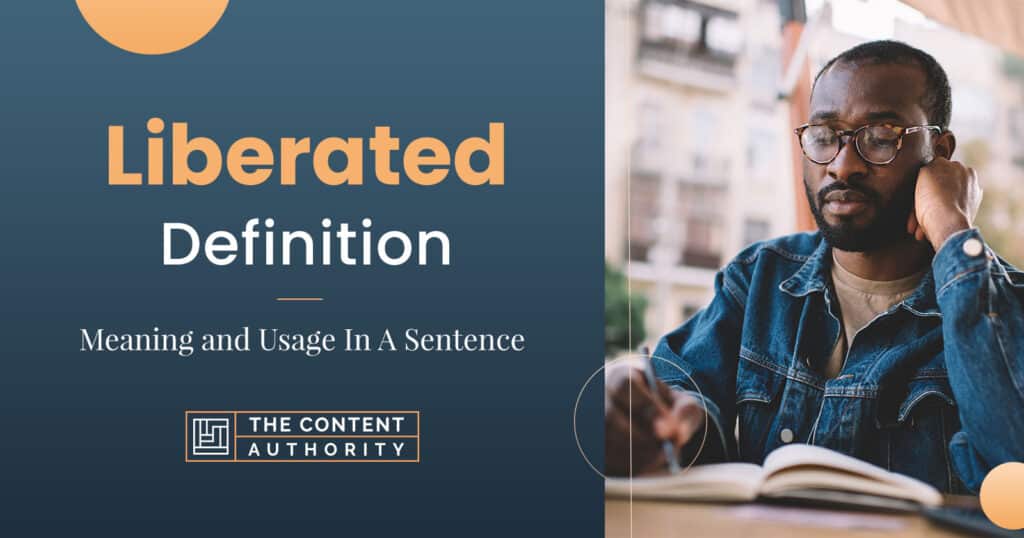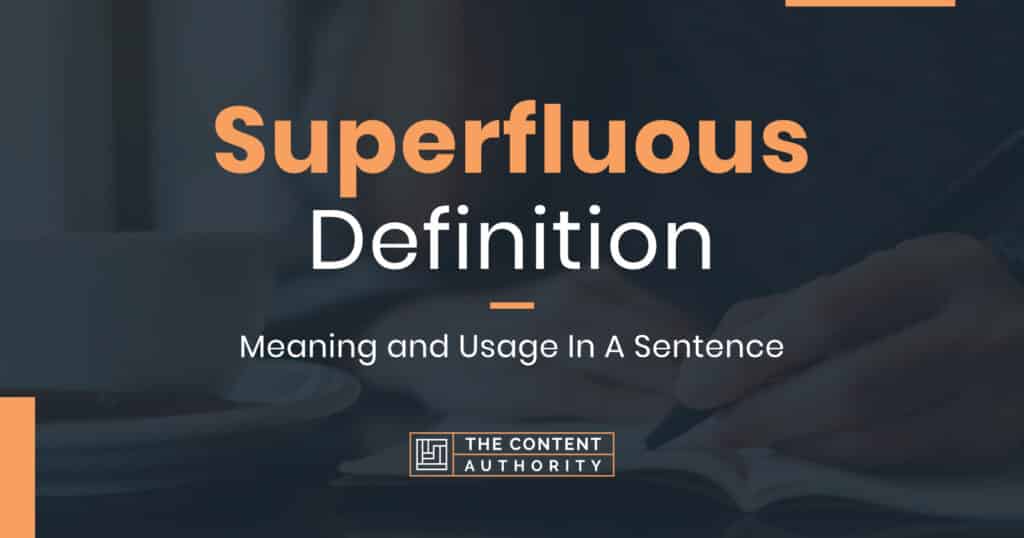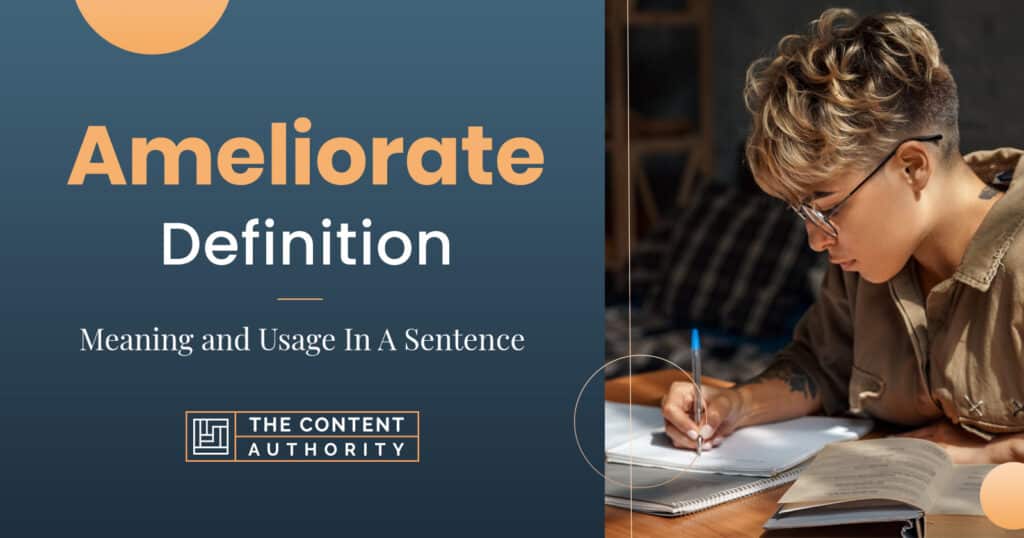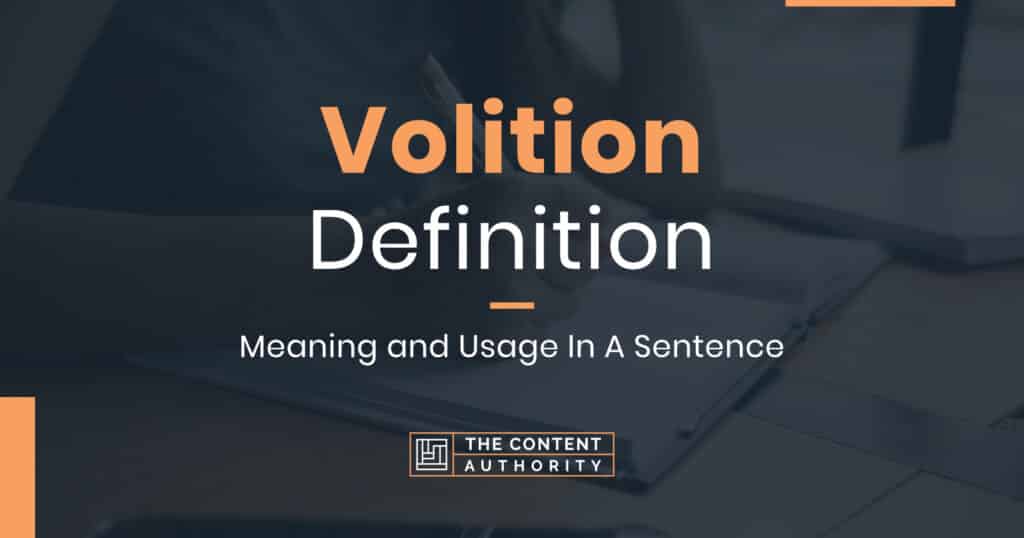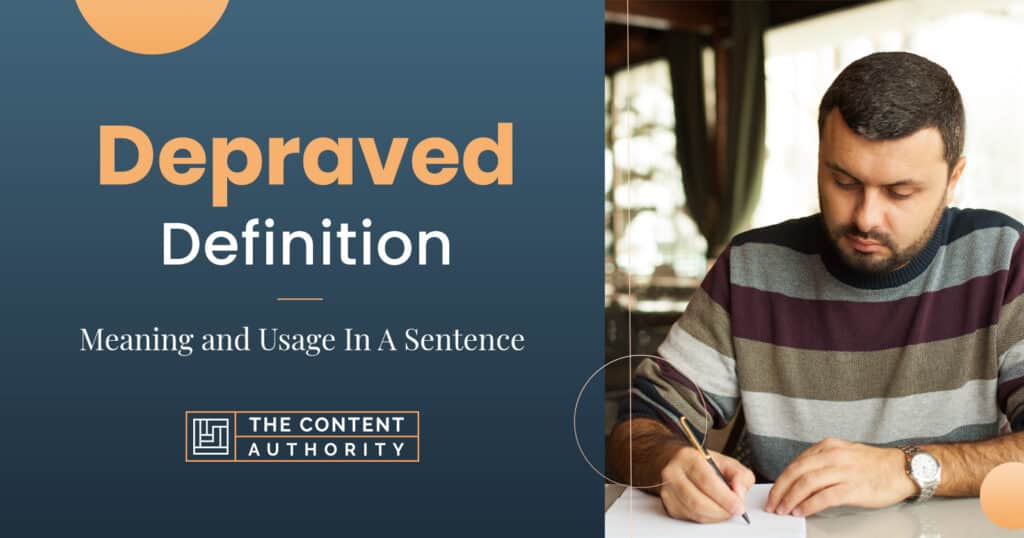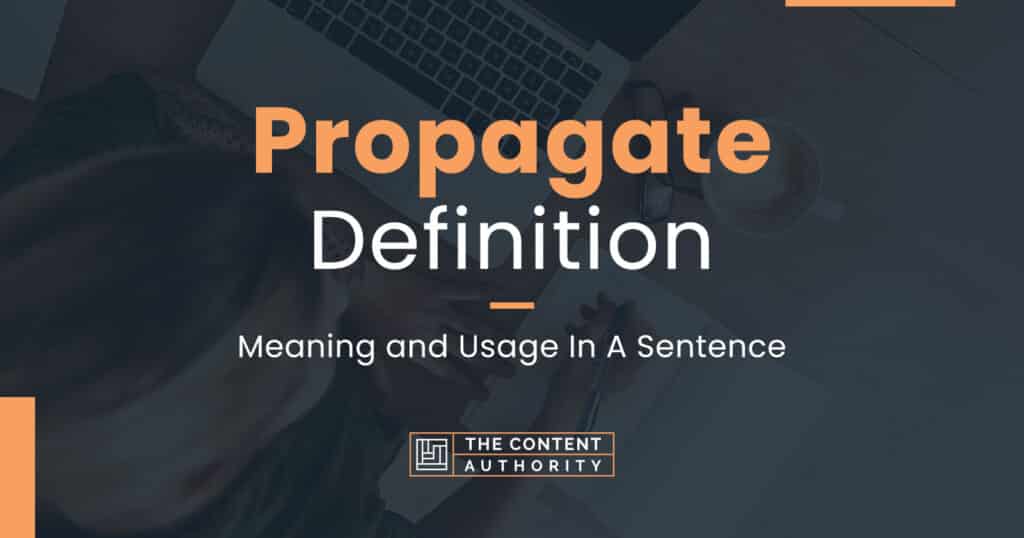Definitions
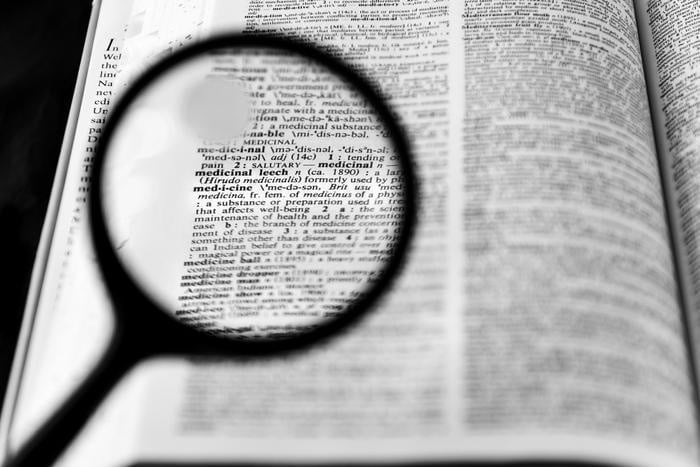
The “Definitions” category is an essential aspect of language learning and mastery, offering precise explanations and interpretations of words and phrases. This category is crucial for anyone looking to deepen their understanding of language, whether for academic, professional, or personal purposes. It serves as a resource for exploring the meanings, origins, and usage of a wide array of words, from the most common to the more obscure. Understanding definitions is key to enhancing vocabulary, improving comprehension, and ensuring effective communication.
In this category, emphasis is placed not only on the literal meanings of words but also on their connotations and contexts. This includes exploring different meanings a word might have in various contexts, its synonyms and antonyms, and its evolution over time. For example, the word “set” can have numerous definitions depending on its usage in a sentence, and understanding these subtle differences is crucial for accurate and nuanced communication.
Moreover, the “Definitions” category is an invaluable tool for non-native speakers and writers, aiding them in grasping the complexities of the language. It also benefits native speakers who are looking to refine their language skills or expand their vocabulary. Whether you’re a student, a professional writer, an educator, or just a language enthusiast, this category offers a wealth of information to help you understand and use words more effectively. By diving into the rich world of definitions, users can gain a deeper appreciation of language and its power to convey ideas and emotions with precision and clarity.
Frequently Asked Questions
What is the definition of culture?
Culture refers to the set of shared attitudes, values, goals, and practices that characterizes an institution, organization, or group. More broadly, it encompasses the arts, customs, and habits that define a society or a community. Culture includes language, religion, cuisine, social habits, music, and arts of a particular group of people.
It’s dynamic and evolves over time, influenced by history, environment, and the interactions among people. Culture shapes the way individuals perceive the world and interact with each other, playing a crucial role in the identity of communities and nations.
What is the definition of situational irony?
Situational irony refers to a circumstance in which the outcome is significantly different from what was expected or considered appropriate. It occurs when there is a stark contrast between the actual result of a situation and what was intended or anticipated.
For example, a fire station burning down is an instance of situational irony. In literature and drama, situational irony is often used to add an element of surprise or humor to the story, where the audience’s or characters’ expectations are subverted in an unexpected turn of events.
What is the definition of simile?
A simile is a figure of speech that compares two different things in an interesting way, often using the words “like” or “as.” It is a direct comparison made to draw a vivid picture or make a strong point by highlighting similarities between two unrelated things.
For example, “Her smile was as bright as the sun” compares the brightness of her smile to the brightness of the sun. Similes are used to enhance the descriptive quality of language, making writing more vivid and expressive, and are common in both everyday speech and literary works.

